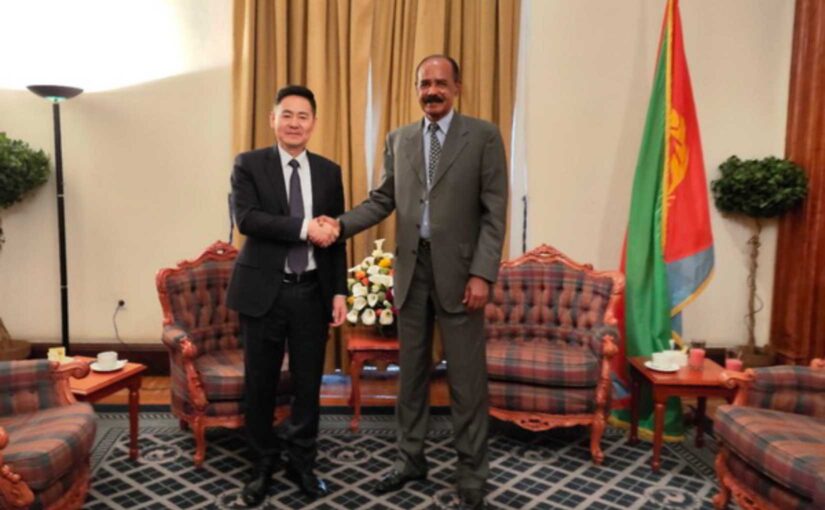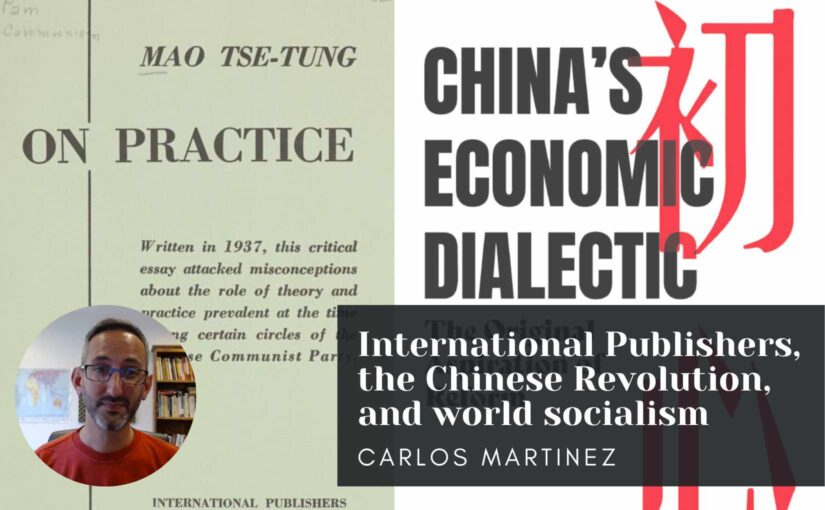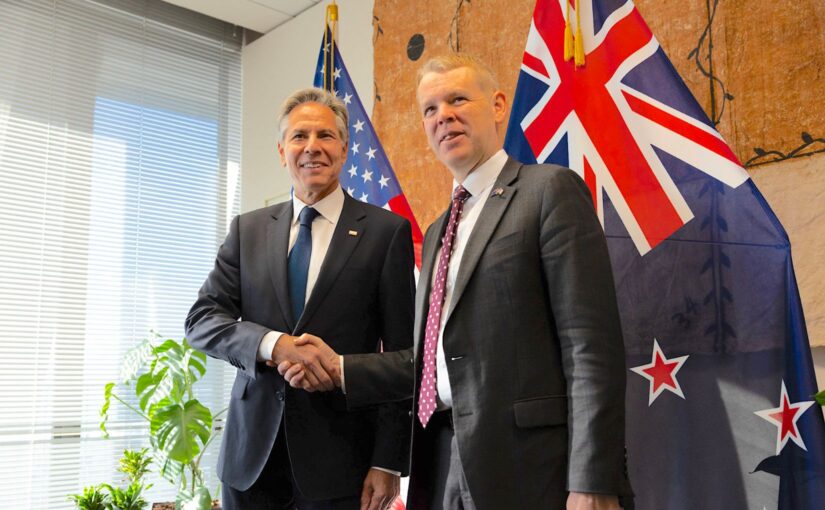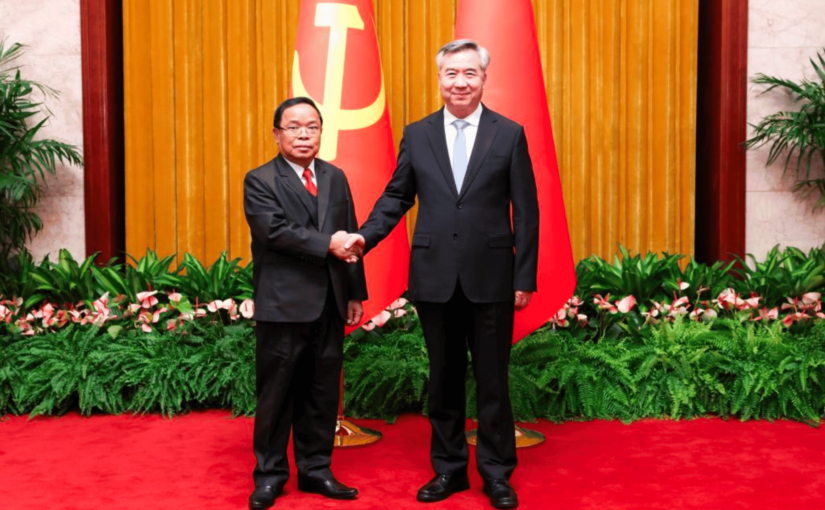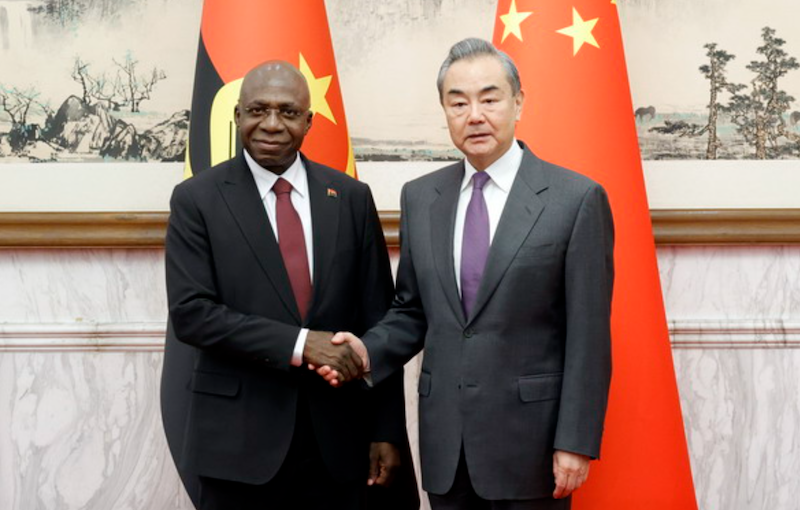In this article for Global Times, China expert and Friends of Socialist China advisory group member Professor Ken Hammond reflects on the 45th anniversary of China’s Reform and Opening Up, initiated in December 1978.
Ken observes that the material basis for reform was China’s prevailing relative poverty and underdevelopment: “Slow but steady growth in the economy had modestly exceeded population growth, so that while there had been significant improvements in life expectancy and public health, housing provision, education, and other social services, in 1978 China remained a poor country.” In order to build a socialist society that was “abundant enough to meet not only basic needs but to allow all people to pursue their self-development, to fulfill their potential as human beings and members of society”, China’s leaders introduced policies “to revise the organization and operation of Chinese enterprises and to open the country to foreign capital in order to drive a process of development which would give China the capacity to produce goods and services in much greater volume and at much lower costs.”
There is a near-consensus in China that the reform process has been hugely successful, in that the vast majority of people live better lives than they used to, and China is far stronger than it was. “China has become a world leader in innovation and creativity, and is at the forefront of the fight to save the planet from the menace of climate change through the development of alternative energy and the building of an ecological civilization. China is playing a central role in improving the lives of people in developing countries around the world through its Belt and Road Initiative and other efforts to support the flourishing of a multipolar world with a future of shared prosperity.”
Nonetheless there have inevitably been problems and contradictions associated with market reforms, including inequality and environmental degradation. Ken writes that the Chinese leadership always understood these contradictions, and calculated that they could be overcome and managed over time as long as the guiding role of the Communist Party of China was maintained (this can be usefully contrasted with Gorbachev’s perestroika, which was accompanied with a sidelining of the Communist Party of the Soviet Union and a hollowing out of the institutions of working class power).
Ken points out that, particularly over the last decade, “the CPC has managed the complexities of policy and practice, guiding the processes of development and the intricate dialectic between the socialist core and the private sector, remaining committed to the original goals of the revolution, and navigating China’s re-emergence as a significant participant in global affairs.” He concludes that, “guided by the insights of Marxist theory and the deep historical experience of China’s ancient civilization, and with the ongoing leadership of the CPC, the road ahead is one of hope.”
In December 1978 the leadership of the Communist Party of China (CPC) made a momentous decision to open a new program of economic development. Over the first three decades of the People’s Republic of China, a foundation for a modern socialist system had been built, but this had been an arduous process, with advances and retreats, successes and failures, and much contention about how best to pursue the goals of enhancing production in industry and agriculture and of improving the material conditions and the livelihoods of the Chinese people.
Slow but steady growth in the economy had modestly exceeded population growth, so that while there had been significant improvements in life expectancy and public health, housing provision, education, and other social services, in 1978 China remained a poor country. China had achieved a kind of egalitarianism of poverty, but this was not the goal of the revolution. Socialism is a society of shared prosperity, based upon the equitable distribution of the wealth produced by social labor, wealth which should be abundant enough to meet not only basic needs but to allow all people to pursue their self-development, to fulfill their potential as human beings and members of society. To achieve this, China’s leaders understood that this required bold new measures and a radical will to experiment.
Deng Xiaoping and others formulated new policies designed to utilize the mechanisms of the market to develop the productive economy. Marxists have long recognized the historical role of markets in the rise of the capitalist system, including the massive expansion and enhancement if productive capacities. The aim of the new policies, which came to be labeled as reform and opening-up, was to revise the organization and operation of Chinese enterprises and to open the country to foreign capital in order to drive a process of development which would give China the capacity to produce goods and services in much greater volume and at much lower costs. This would not happen overnight, and it would entail certain risks and challenges.
Markets can generate growth and development, but they also generate contradictions. The Chinese leadership understood this, and recognized that the key to success, the key to survival and flourishing of the socialist project, would be the guiding role of the CPC. They anticipated that rapid development using market mechanisms could create contradictions involving inequality, corruption, environmental stresses, as well as other problems. If the markets and foreign capital were simply allowed to run unregulated these could overwhelm the country and lead to the end of the socialist venture and the abandonment of the goals of the revolution. They understood that all of this would take time, that, as Deng Xiaoping famously said, some people would get rich first, and make accommodations with the global capitalist system in order to acquire the capital, technology and other resources needed to advance along the path of development.
As China marks the 45th anniversary of the reform era, we can see that much has been achieved. China has reached the primary stage of socialism, a society of modest prosperity, in which more than 800 million people have been lifted out of absolute poverty, in which health, education and social services have been dramatically improved. China has become a world leader in innovation and creativity, and is at the forefront of the fight to save the planet from the menace of climate change through the development of alternative energy and the building of an ecological civilization. China is playing a central role in improving the lives of people in developing countries around the world through its Belt and Road Initiative and other efforts to support the flourishing of a multipolar world with a future of shared prosperity.
All of this has been possible because of the leadership of the CPC. Over the past decade under General Secretary Xi Jinping, the CPC has managed the complexities of policy and practice, guiding the processes of development and the intricate dialectic between the socialist core and the private sector, remaining committed to the original goals of the revolution, and navigating China’s re-emergence as a significant participant in global affairs. There is much work to be done. The contradictions of development remain as factors which must be carefully attended to, and the tensions in global geopolitics as the world goes through an era of structural transformation and some long-established powers find it difficult to embrace the newly emerging realities pose serious challenges.
It is time to celebrate what has been accomplished, and to reaffirm commitment to the tasks which lie ahead. Guided by the insights of Marxist theory and the deep historical experience of China’s ancient civilization, and with the ongoing leadership of the CPC, the road ahead is one of hope.
